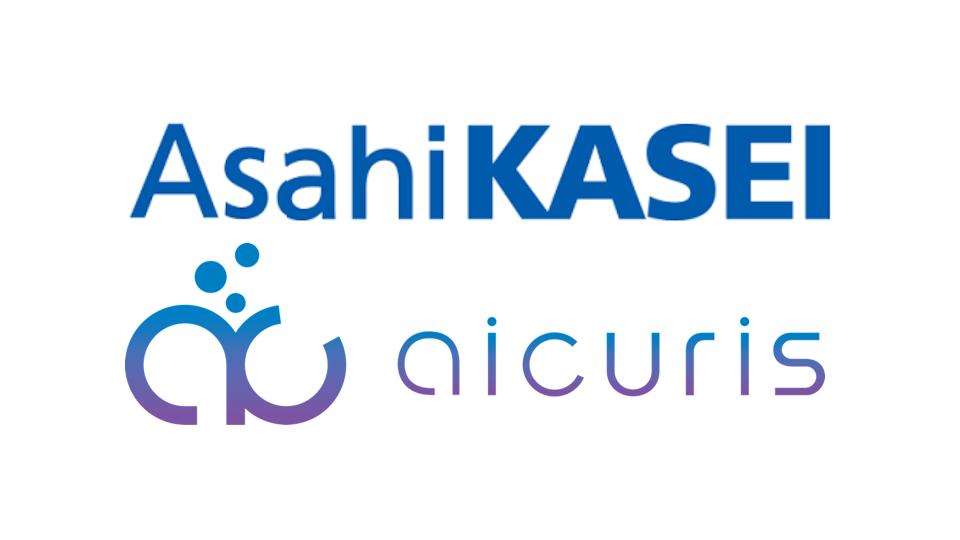Novo Nordisk tackles supply issues with $11bn Catalent deal

Novo Nordisk has taken the bold step of buying three manufacturing facilities from contract development and manufacturing organisation Catalent as it tries to meet surging demand for its diabetes and obesity drugs.
The deal includes $11 billion upfront to buy the fill-finish sites that Novo Nordisk said will enable “an expansion of the manufacturing capacity at scale and speed, while providing future optionality and flexibility for Novo Nordisk’s existing supply network.”
It is connected to a larger transaction in which Novo Nordisk’s controlling shareholder Novo Holdings will buy Catalent for $16.5 billion, or $63.50 per share, and merge it with a Novo Holdings subsidiary. That deal is due to close towards the end of the year and, according to the three parties, Catalent will continue to operate independently and separately from Novo Holdings and Novo Nordisk.
The three sites in Anagni, Italy, Brussels in Belgium, and Bloomington, Indiana, in the US will change hands “as soon as possible after the merger,” said Novo Nordisk, which has pledged to honour all the commitments to customers making use of the facilities.
The three sites employ more than 3,000 people and all have ongoing collaborations with Novo Nordisk, it added.
The decision to make such a huge investment in its manufacturing capacity comes as Novo Nordisk has been struggling to meet the demand for diabetes therapy Ozempic and obesity therapy Wegovy, both based on GLP-1 agonist semaglutide, which helped to drive group net sales up by more than a third towards $34 billion last year.
It could also help the company stay ahead of its rivals in the diabetes and obesity category, notably Eli Lilly, which has also faced supply issues with diabetes therapy Mounjaro and obesity drug Zepbound, based on dual GLP-1/GIP agonist tirzepatide.
It is already working to increase the supply of the two drugs with a $6.5 billion capital investment programme, but has been forced to introduce restrictions on starting doses to eke out supplies in the face of demand, which has become acute, with some patients happy to self-fund treatment. That, in turn, has placed them at risk of buying falsified copies of the drugs, which in some cases have been harmful.
In its fourth-quarter results statement, Novo Nordisk said that it had started to increase the supply of starting doses for Wegovy in the US since the start of the year thanks to those investments in production capacity.
“The agreement to acquire the three Catalent manufacturing sites […] will enable us to serve significantly more people living with diabetes and obesity in the future,” said Lars Fruergaard Jørgensen, Novo Nordisk’s chief executive.
“The acquisition complements the significant investments we are already doing in active pharmaceutical ingredients facilities, and the sites will provide strategic flexibility to our existing supply network,” he added.













